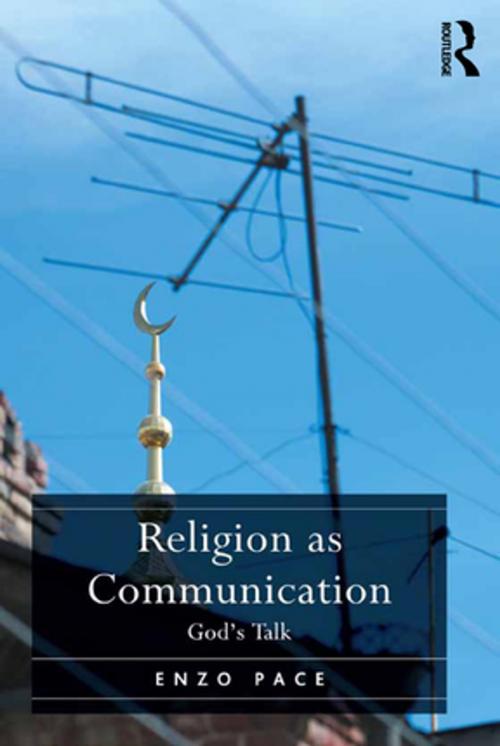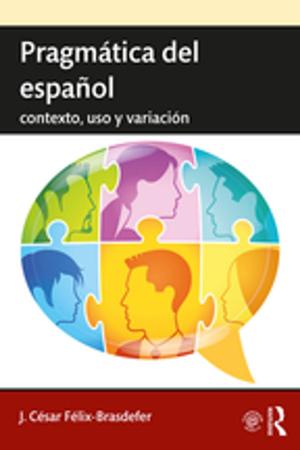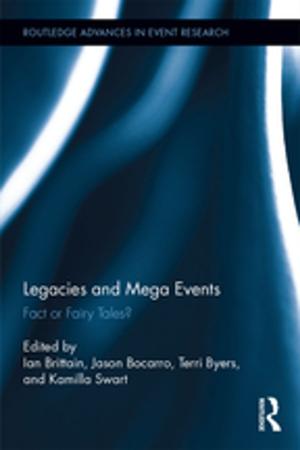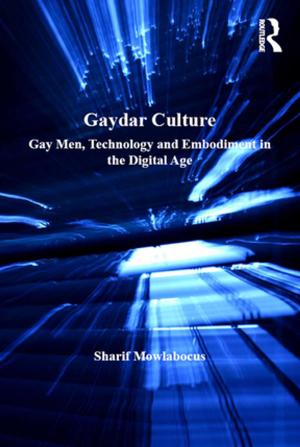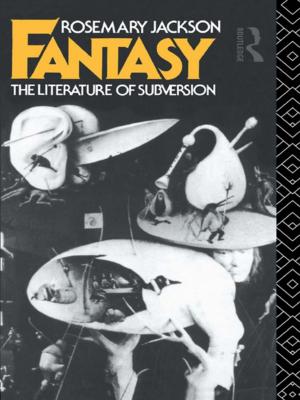| Author: | Enzo Pace | ISBN: | 9781317067689 |
| Publisher: | Taylor and Francis | Publication: | April 8, 2016 |
| Imprint: | Routledge | Language: | English |
| Author: | Enzo Pace |
| ISBN: | 9781317067689 |
| Publisher: | Taylor and Francis |
| Publication: | April 8, 2016 |
| Imprint: | Routledge |
| Language: | English |
Why do Gods persist in contemporary society? Religious revival and vitality all over the world contradict the vision of continuing declining of belief. This linear process of eclipse of the sacred in modern society has been proved wrong. Religion indeed is an expert system competent in ultimate meanings of human being and social order. Enzo Pace argues that religion persists as a symbol because of its intrinsic power of communication, in its will to wield the power to dominate the event of death, and to build a bridge between the visible and the invisible. The crucial passage from living word to holy scripture is a fundamental device in the construction of a system of religious belief. This book provides an insight on a new approach to religious studies, drawing from systems theory to consider religion as a means of communication, and offering a critical alternative to the secularization theory to explain why religion persists in modernity.
Why do Gods persist in contemporary society? Religious revival and vitality all over the world contradict the vision of continuing declining of belief. This linear process of eclipse of the sacred in modern society has been proved wrong. Religion indeed is an expert system competent in ultimate meanings of human being and social order. Enzo Pace argues that religion persists as a symbol because of its intrinsic power of communication, in its will to wield the power to dominate the event of death, and to build a bridge between the visible and the invisible. The crucial passage from living word to holy scripture is a fundamental device in the construction of a system of religious belief. This book provides an insight on a new approach to religious studies, drawing from systems theory to consider religion as a means of communication, and offering a critical alternative to the secularization theory to explain why religion persists in modernity.
